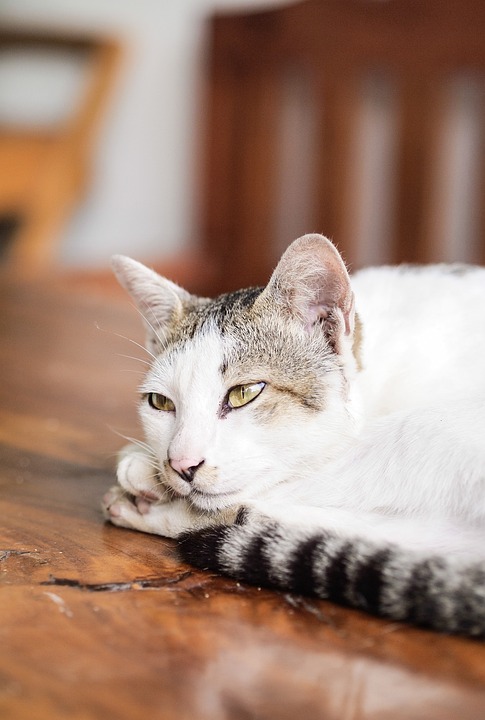The Importance of Cat Vaccinations: Protecting Your Feline Friend’s Health
Introduction:
Cat owners have a deep love and affection for their feline companions. We strive to provide them with the best care possible to ensure their health and happiness. One crucial aspect of cat care is vaccinations. Understanding the significance of cat vaccinations and following a proper vaccination schedule can safeguard your cat’s health and protect them from life-threatening diseases.
1. What are Cat Vaccinations and How Do They Work?
Cat vaccinations are medical treatments that stimulate the immune system to produce protective antibodies against certain diseases. They contain small amounts of harmless antigens that mimic disease-causing agents. When a cat is vaccinated, its immune system recognizes these antigens and mounts a defense, creating memory cells that can quickly respond if the real disease-causing agent enters the body. Types of vaccines available for cats include core vaccines, which are recommended for all cats, and non-core vaccines for specific risk factors.
2. Key Vaccinations Every Cat Should Receive:
Core vaccines for cats include the rabies vaccine and the Feline Distemper (Panleukopenia) vaccine. The rabies vaccine is not only essential for protecting cats but also for preventing the spread of rabies to humans. Feline Distemper is a highly contagious and potentially fatal disease, and vaccination is the only reliable prevention method.
Non-core vaccines, such as the Feline Leukemia Virus (FeLV) vaccine and the Feline Immunodeficiency Virus (FIV) vaccine, are recommended for cats with specific risk factors. FeLV and FIV are viral diseases that can weaken a cat’s immune system and lead to severe health problems. Vaccinating against these viruses can significantly reduce the risk of infection and transmission.
3. Benefits of Vaccinating Your Cat:
Vaccinations offer numerous benefits for your feline friend. They prevent life-threatening diseases such as rabies and Feline Distemper, protecting your cat from unnecessary suffering and potential death. Vaccinations also help reduce the spread of infectious diseases in the feline population, contributing to overall community health. By vaccinating your cat, you can protect them from outdoor threats, including encounters with infected animals. Additionally, vaccinations can save you from the financial burden of costly medical treatments that may be required if your cat contracts a preventable disease.
4. When Should You Vaccinate Your Cat?
Proper timing of vaccinations is crucial. Kittens should receive an initial vaccination series, starting at around 6-8 weeks of age, with boosters given every 3-4 weeks until they are around 16 weeks old. Booster shots are necessary to ensure that the cat’s immune system has a strong and lasting response to the vaccines. After the initial series, regular revaccination is necessary to maintain adequate protection. Consult with your veterinarian to determine the appropriate vaccination schedule for your cat.
5. Common Concerns and FAQs about Cat Vaccinations:
Some cat owners may have concerns about the safety of vaccines. Vaccines for cats are generally safe, but like any medical treatment, there can be rare adverse reactions. These reactions are usually mild and temporary, such as lethargy or localized swelling at the injection site. Serious allergic reactions are extremely rare.
Indoor cats may have a lower risk of exposure to certain diseases, but it is still recommended that they receive core vaccinations. Some diseases can be transmitted through contact with humans or other animals, and outdoor exposure can occur accidentally.
If your cat has an allergic reaction to a vaccine, contact your veterinarian immediately. They can provide appropriate treatment and determine if alternative vaccination options are available.
Conclusion:
Cat vaccinations are crucial for protecting your feline friend’s health. By understanding the significance of vaccinations and following a proper vaccination schedule, you can prevent life-threatening diseases, reduce the spread of infectious diseases, and protect your cat from outdoor threats. Consult with your veterinarian to ensure that your cat is up to date on their vaccinations and to address any concerns or questions you may have. Remember, vaccinations play a vital role in keeping cats healthy and happy.








